Security expert says Islamic State families stuck in Syria can be integrated into community
A former ADF intelligence analyst says Australian women and children brought out of Syrian refugee camps rampant with Islamic State sympathisers can be integrated into the community.
National
Don't miss out on the headlines from National. Followed categories will be added to My News.
Australian children and women brought out of squalid Syrian refugee camps rampant with Islamic State sympathisers can be reintegrated into the community with the right intervention and support, a security expert says.
A mission to rescue the 42 children and 16 women – family members of IS fighters – living in the derelict camps, described as “one of the most dangerous places on earth,” would follow similar efforts by the US, France and Germany to evacuate their citizens.
But the opposition has condemned the federal government’s reported plans to repatriate the Australian citizens trapped in the al-Hol and Roj detention camps in northeast Syria, expressing concerns some of the women and children may be “radicalised”.
Former Australian Defence Force special operations intelligence analyst and expert on countering violent extremism, Shane Healey, told News Corp it was unfair to assume all the women were a threat.
“I’ve been in many wars, and when you’re in those environments, it’s the violence that scares most people,” he said.
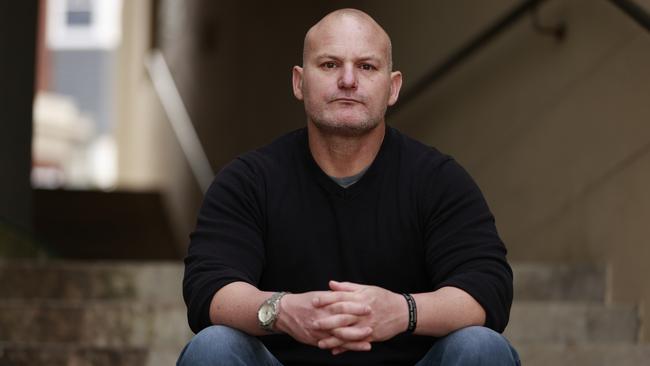
“These women are in that category … that’s why they’re saying put me on control orders, put me in jail, just get me out of the camps. They hate violence.”
Mr Healey said when “done correctly” so-called deradicalisation could be done “successfully,” by addressing violent ideologies without condemning religious beliefs.
“We actually embrace the religion and attack the violence,” he said.
Mr Healey said it was highly unlikely the women and children would be brought straight to Australia from Syria, and would instead probably spend months in a third country being assessed and given behaviour therapy, psychological and medical support.
Opposition home affairs spokeswoman Karen Andrews said she was “very concerned” about the security of the personnel who undertook the mission, as well as the safety of Australians once the women returned.
“I think it posed an unnecessary risk and enormous cost for these people to be closely supervised in the community,” she said.
Ms Andrews said it was always a “very strong view” the women went to Syria “by choice” and were “complicit generally” in supporting IS fighters.
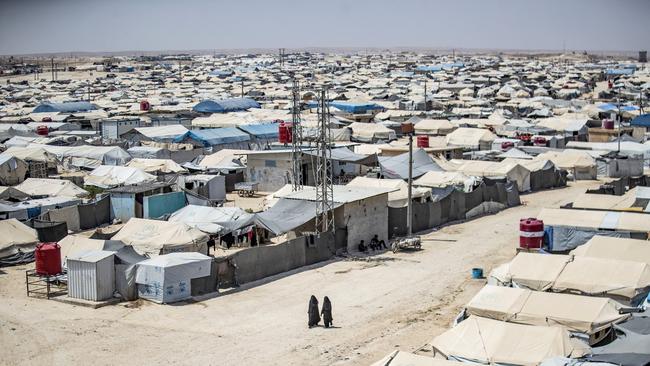
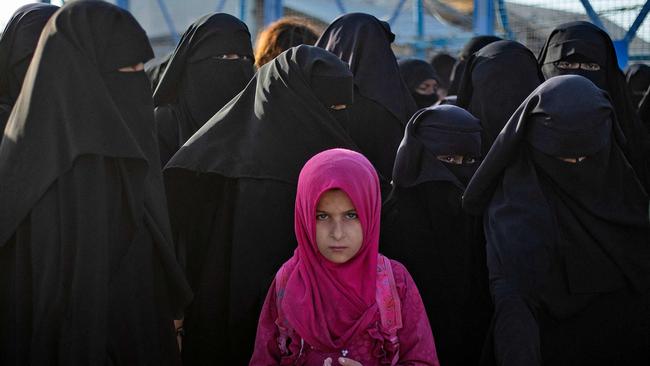
“I’ve seen nothing to alter my view,” she said. But Ms Andrews conceded the children were a “different issue” as they had been impacted by the decision of their parents.
“I think there was still a risk that those children would have been radicalised,” she said.
Senior Labor minister Tanya Plibersek said the government would act on advice from security and intelligence agencies, but could not leave Australian children “living in one of the most dangerous places on earth”.
Ms Plibersek said if the families returned there was an “ongoing expectation that our security and intelligence agencies will stay in contact with them and monitor them”.
‘Risk to Australians’: Fear over rescue mission for IS families
Australia’s shadow Home Affairs Minister Karen Andrews has expressed fear the mission to rescue more than 60 women and children – relatives of Islamic State fighters – trapped in Syrian refugee camps was an “enormous” risk.
“Absolutely it is a risk. I’m even more concerned now that it seems to be actually going to happen,” she told 2GB’s Ben Fordham.
Having faced a similar decision as the Home Affairs Minister with the previous Coalition government, Ms Andrews empathised with the urgency to remove women and children from the dangers of the war-torn nation.
However, she expressed her fear that their return could threaten the safety and security of Australians on home soil, sharing doubt that deradicalisation methods had already taken place.
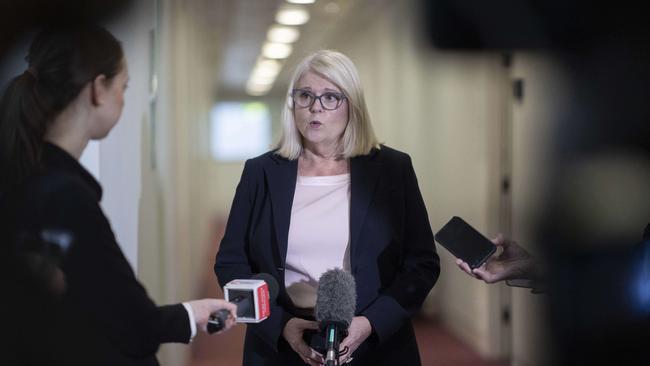
“It’s a risk to Australians. It will cost millions of dollars to put these people under the close supervision they need,” she said.
“A vast majority, if not all (of them), went there voluntarily and completely understood why they went there and what their role was … (which was) to support ISIS … and ISIS fighters.
“The risk is enormous. (Although) most people would have concerns and sympathy for the children … the role of the government is to protect all Australians, and that includes us here in Australia.”
Anxious families have welcomed reports the federal government is poised to help the more than 40 children, and 20 women who have been in the al-Hol and Roj detention camps in north east Syria since the fall of the Islamic State caliphate three years ago.
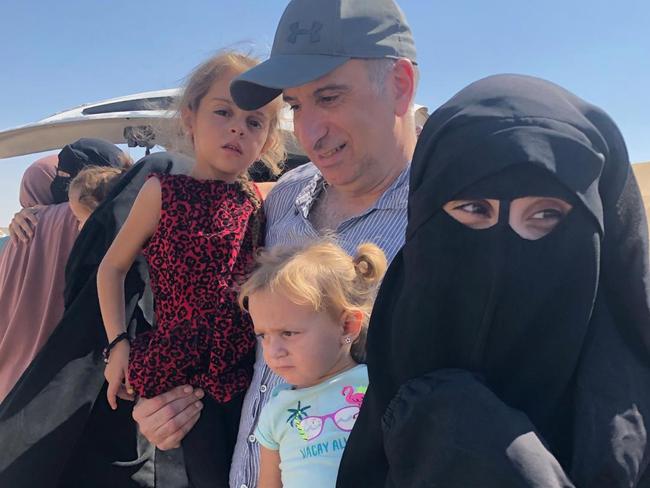
Kamalle Dabboussy, whose daughter Mariam is in the al-Roj camp with her three children, said families had “not been notified” by the government it was planning an evacuation mission, but “it would be an incredibly exciting prospect”.
“It’s every parent’s wish to ensure their children are safe,” he said.
Mr Dabboussy said he and other Australian families just wanted to welcome the women and children home, and would “happily co-operate with all levels of government to make that happen”.
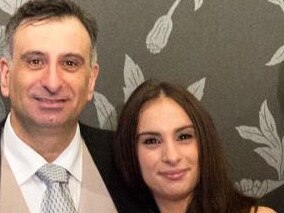
A spokesman for Home Affairs Minister Clare O’Neil said the government’s “overriding priority is the protection of Australians and Australia’s national security advice”.
“Given the sensitive nature of the matters involved, it would not be appropriate to comment further,” he said.
Several of the women were themselves children when they were taken to Syria or Iraq by their families, while others have claimed they were duped into travelling.
It is understood many have already expressed a willingness to be monitored or any other conditions Australian authorities may impose on them if they are brought home.
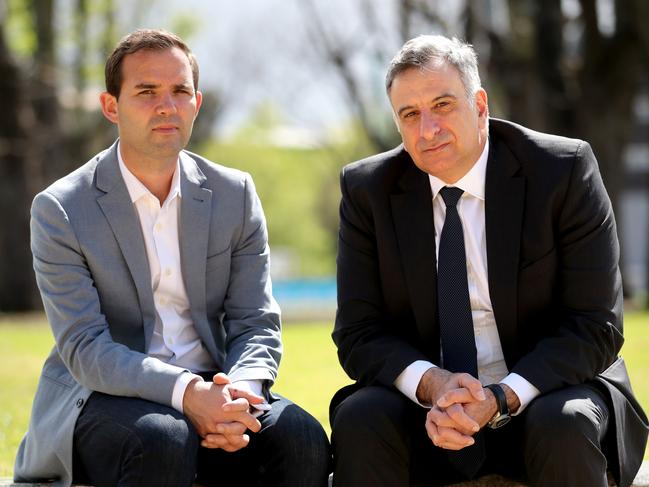
Save the Children Australia chief executive Mat Tinkler said reports the government was preparing to repatriate children and their mothers from Syria was “very welcome news”.
“For more than three years, these children have been trapped in one of the worst places in the world to be a child and their situation has been growing increasingly desperate,” he said.
“Whether judged on grounds of Australia’s national security, support for our allies in the region, or the obvious humanitarian need, the answer remains the same: these innocent children must be brought home to safety in Australia before it’s too late.”
Mr Tinkler said he saw the conditions at Roj camp in North East Syria “first hand” when he travelled there in June.
“Australian children are poorly nourished, suffering from untreated shrapnel wounds and the situation is impacting their mental health,” he said.
“They are just hanging on.”




